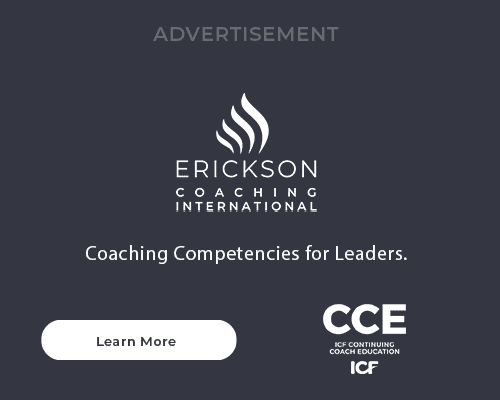Here Today, Gone Tomorrow
Some years ago, a colleague contacted me to say a relative who had a small business died suddenly, and she needed to close the business and sort out all her personal affairs.
The colleague quickly discovered that the inner workings of the business were known only by the dearly departed. There was no documented trail left to follow, and the process of wrapping up her business and sorting out her personal affairs took over nine months.
If the relative had the desire and forethought to document and regularly update all the workings of her business—client lists, service providers, digital assets, insurances, etc.—winding up her estate would have been less time consuming and stressful.
This scenario is a risk management issue, and one all business owners, regardless of the size of their business or the length of time they’ve been in business, need to address—including coaches.
It takes considerable time to wind up a business, so prior preparation is essential. If you didn’t have business partners or a “tomorrow,” how easy or difficult would it be for your family or others to close your business?
Step into Another’s Shoes
Ideally, if your business has one or two people who could step into your role in an emergency (sudden death or incapacitation for a short, medium or long period of time), an Emergency Management Guide is essential.
The guide should include the core essentials, including:
- Where to locate important documents
- Important tasks undertaken only by the owner
- Simple “how to do” instructions for specific tasks
- Timelines/schedules for paying tax and filing returns
- Mortgage/loan repayments
- Contact details for the lawyer, accountant, insurance agents and other service providers
- Client lists and contact details
You may also want to develop a communications plan, to be used in the event of your death or an illness, which may be for a short, medium or long period of time. As part of this communications plan, you can leave detailed instructions for those who step into your business on how and when to distribute information to different stakeholder groups. For example, statements could be sent to existing clients, suppliers, informal networks, specific memberships, online communities and relevant social media, as appropriate.
Parallel Process
Every individual over 18 years of age should get their personal affairs in order. This means going beyond the basic requirements of having a current legal will. It includes:
- Listing all digital assets (including passwords), bank accounts, service providers, investments, loans, insurances, memberships, and location of deeds to property and trusts
- Ensuring legal guardianships are in place for children under 18 years of age
- Setting up an advance directive, that’s discussed with one’s medical practitioner
- Documenting one’s funeral arrangements in detail
A Call to Action
“You are living as if destined to live for ever; your own frailty never occurs to you; you don’t notice how much time has already passed, but squander it as though you had a full and overflowing supply—though all the while that very day which you are devoting to somebody or something may be your last.” —Seneca, 4 BC
All individuals have a personal responsibility to themselves and their loved ones to prepare for their own death. As business owners, coaches also have a responsibility to their clients.
How prepared are you, both personally and professionally, for an unforeseen illness and eventual death?



